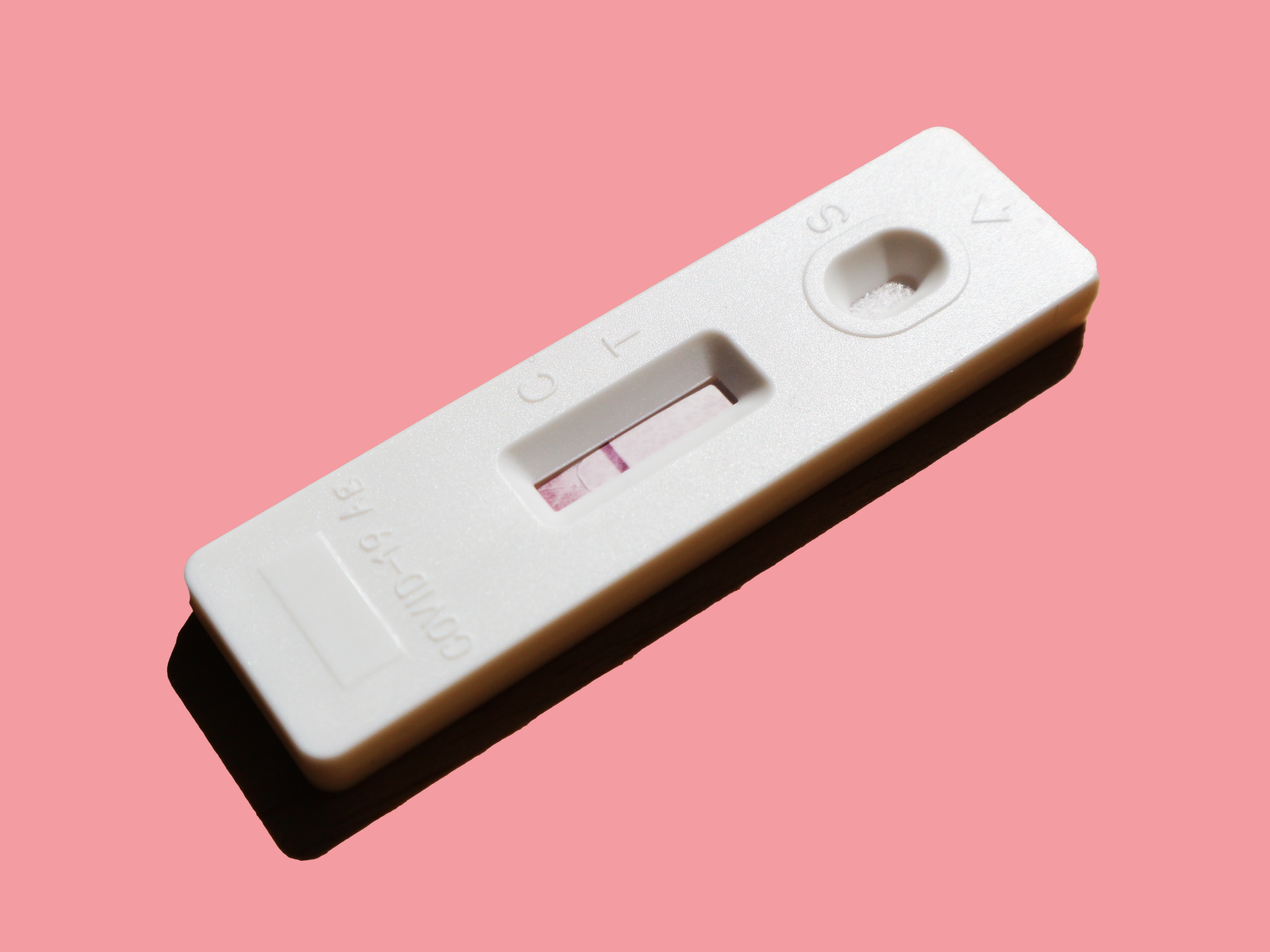BONUS spoke to Gynaecologist Obstetrician, Dr Portia Manamela, who is based in Polokwane to find out what contraceptive methods are available to prevent unwanted pregnancy.
POLOKWANE – Every year newborn babies dumped in pit toilets, rubbish heaps or dustbins make headlines across South Africa.
Unwanted children who are not killed end up at orphanages where most of the time they never get to experience the bliss of a loving family. Many of these cases can be avoided, however, if more people have access to family planning, especially those living in rural areas.
Contraceptives prevent unintended or unwanted pregnancies, reduce the number of abortions and lower the incidence of death and disability related to complications of pregnancy and childbirth.
There are natural methods, barrier methods and various chemical-based methods, each with particular advantages and disadvantages.
Asked who is eligible to use contraceptives, Manamela said, every person, regardless of age, sex, or marital status.
She explained how contraceptives work:
Pill and hormonal contraceptives
The pill, as well as other forms of hormonal contraception work in more than one way. They can prevent a woman from ovulating, they can lead to thicker cervical mucus which hinders the passage of sperm through the cervix, and they can change the lining of the uterus in a way which inhibits implantation if fertilization occurs.
Emergency Contraceptive Pills
Unlike routine hormonal forms of contraception, emergency contraception can be used after unprotected sex or contraceptive failure in order to prevent pregnancy. These pills contain progestin and they work by delaying or inhibiting ovulation, thus preventing fertilization from occurring.
Non-Hormonal Intrauterine Devices (IUDs)
The non-hormonal IUD is made of copper. The copper ions emitted are toxic to sperm and prevent them from reaching an egg.
Possible side effects that come with contraceptives, these can be different from one individual to another. These are the common side effects of hormonal contraceptives:
- inter-menstrual spotting
- nausea
- breast tenderness
- headaches and migraine
- weight gain
- mood changes
- missed periods
- decreased libido
- vaginal discharge




0 Comments